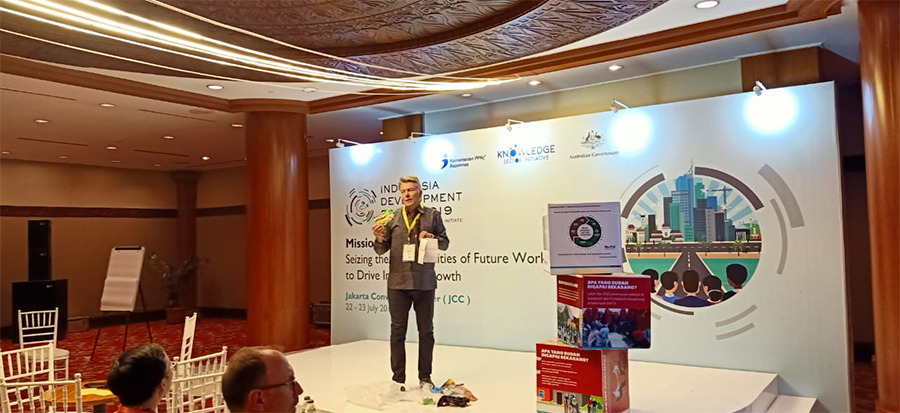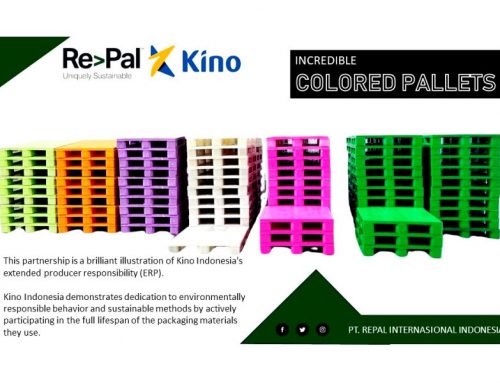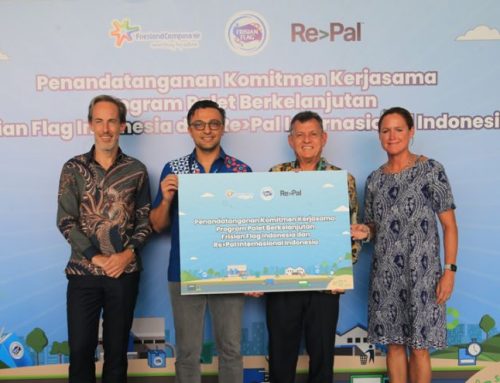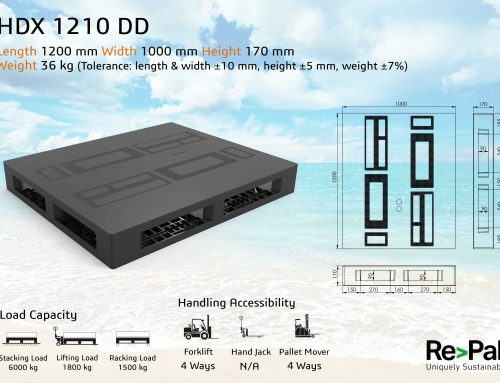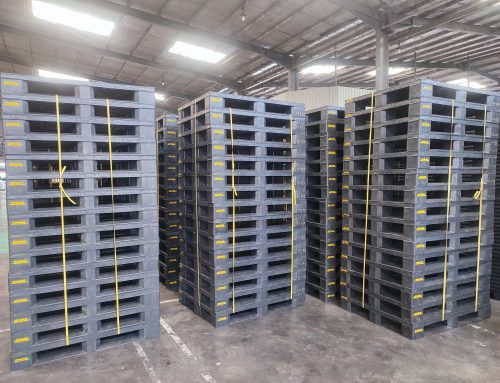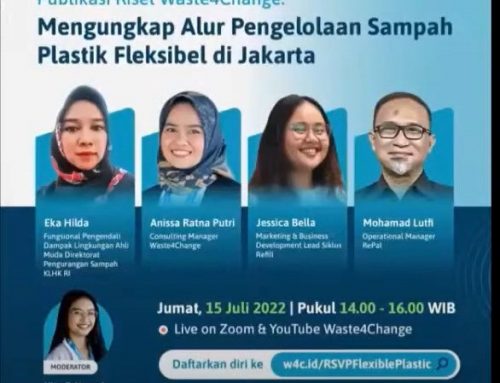I was pleased to be invited to the recent Indonesia Development Forum at the Jakarta Convention Centre, this event was originally started with help from the Australian Government. Our Ambassador to Indonesia, Mr Gary Quinlan was present along with many Ministers from Indonesia. Pak Bambang Brodjonegoro, Minister of National Planning and Development gave a fantastic address, sounding confident in addressing head-on the issues of corruption in Indonesia. He and Pak Airlangga Hartarto, Minister of Industry also provided the excitement of how Indonesia 4.0 will transform the manufacturing and infrastructure capability of Indonesia.
My speech was, of course, focused on how Re>Pal is a solution to the waste issues in Indonesia, and perhaps also encouraging people to also see the benefits from plastics. In Europe in 2016, there was 173kg of food waste created per person. A cucumber wrapped in 1.5g of plastic lasts 15 days compared to 3 days for one without wrapping. So, if there is a ‘ban’ on plastic, is there the potential to increase food wastage further? Plastic waste of course is an issue globally as cumulatively there is now 8bn tonnes on the planet. We have been careless with creating it, given that the mechanisms to collect, separate and recycle it have not been in existence in the volume needed to match the origination of plastic since its creation in 1950. Capture and recycle processes significantly lag the 300MT manufactured each year, so by definition plastic waste is a growing issue and one we see in the press daily. In Indonesia there is ‘only’ 8MT of new plastic created according to ADUPI (Asosiasi Daur Ulang Plastik Indonesia)– and Indonesian GDP is growing at around 5.5% per annum, which is of course fantastic for this emerging giant. However, with Indonesia’s growth there will also come growth in waste and plastic. It is vital that this is controlled, separated, collected and reused. Of this 8MT created, again according to ADUPI around 65% is PE/PP – the very types that Re>Pal uses – and many of these are single-use bags/ wrapping/ film: the culprits in many online videos. Around 5 trillion plastic bags are made globally each year, using over 150m barrels of oil each year. We create these valuable resources so throwing them away doesn’t make sense. We must view them as a raw material and encourage re-use. A change of thinking is important to encourage the circular economy as a global circular economy: one country’s trash can be another’s treasure. I hope that the trade and environment ministry can work together on our import license rather than viewing waste import as bad for the environment. It is not, assuming it is non-hazardous and can be processed; it is a raw material that can add jobs and new skills to the new circular economy. As we see from the Dynapack example above that leading companies are changing their supply chains to look at the circular economy and Governments will also need to adapt to help encourage this sector. This can be in the form of incentives to companies like Re>Pal in the form of grants, tax breaks or paying for us to collect waste with monies raised from levies on the source of the waste generated. It is a rapidly changing sector globally and we hope for ‘all of Government’ support in Indonesia to ensure that companies like ours are helped in their development to be a part of the solution in a new sector of handling and recycling waste.

